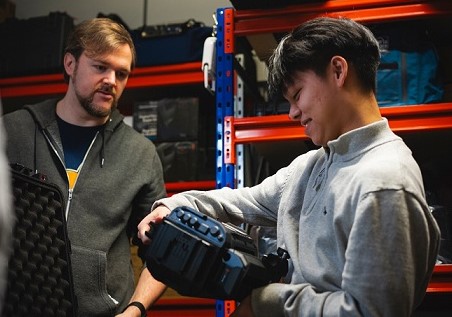Birmingham faces the biggest challenges to level up in the UK due to the economic impact of Covid-19, according to Centre for Cities’ annual study of the UK’s major urban areas –Cities Outlook 2021. Over 100,000 people in Birmingham now need to find secure, well-paid jobs to level up – compared to 43,000 last March. This means its claimant count rate now needs to decrease by 6.7 percentage points to bring Birmingham in line with the pre Covid-19 national average.
In addition to hitting Birmingham and the rest of the North and Midlands badly, Covid-19 has also hit many previously prosperous places in the South disproportionately hard. The Government must act fast to prevent a levelling down of these places that the whole UK depends on to create jobs and fund public services. London’s, Crawley’s and Slough’s futures are among the southern places of concern due Covid-19’s potential long-term impact.
The Chancellor should announce how he will deal with Covid-19’s short-term damage to cities and large towns. The plans should include:
• Making permanent the £20 rise in Universal Credit.
• Supporting jobless people to find new good jobs.
• Consider the merits of a renewed Eat Out to Help Out scheme for hospitality and non-online retailers once it is safe.
Acting to prevent further economic damage by Covid-19 is not the same as levelling up. Once the health crisis ends, the Government will need to spend additional money on further measures to level up, including:
• Further education to train jobless people for good roles in emerging industries.
• Making city centres better places for high-skilled businesses to locate.
• Improvements to transport infrastructure in city-regions.
Centre for Cities Chief Executive Andrew Carter said: “Covid-19 has made the Government’s pledge to level up Birmingham much harder. It was promised on the assumption that places in the South would remain prosperous but Covid-19 has shaken this assumption.
“Levelling up Birmingham and stopping the South’s levelling down will not be cheap and will require more than short-term handouts. Government support and investment for new businesses in emerging industries will be essential, as will spending on further education to train people to do the good-quality jobs created.”

















